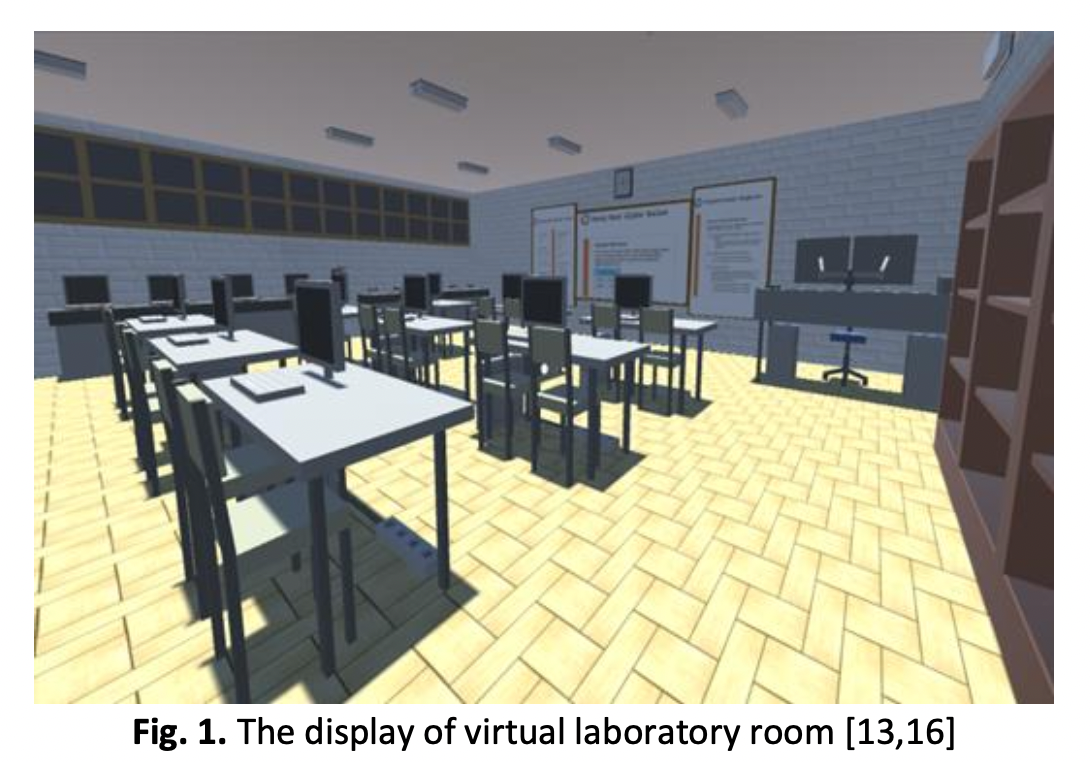Improving Competence Trough Virtual Digital Engineering Laboratories with Mobile Virtual Reality
DOI:
https://doi.org/10.37934/araset.31.2.157172Keywords:
Digital engineering, laboratory, mobile virtual reality, vocational studentsAbstract
This study aims to describe the use of virtual digital engineering laboratories to raise student proficiency in vocational high schools (VHS). Virtual reality technology was used in virtual laboratories to improve students’ learning experiences. This study's methodology was quantitative. Using virtual digital engineering laboratories, student work was compared before and after to evaluate whether there had been an improvement in their level of competency. Each school's average student grade improved when compared to before adopting a virtual digital engineering laboratory. The findings of this study showed an improvement in the scores at each of the three schools where data was gathered. With a total of 15 students, State VHS 2 Yogyakarta saw a rise in scores from 2.56 to 6.37, and the number of students with scores above 70 increased from 0 to 11 at first. In contrast, State VHS 2 Depok, which had 32 students, had an increase in scores from 5.26 to 8.01 and a jump from 7 to 28 in the proportion of students who received a score of at least 70. In contrast, the number of students with scores above 70 increased from 10 to 23, and the scores in State VHS 2 Wonogiri increased from 6.34 to 8.26 out of a total of 31 students.




























